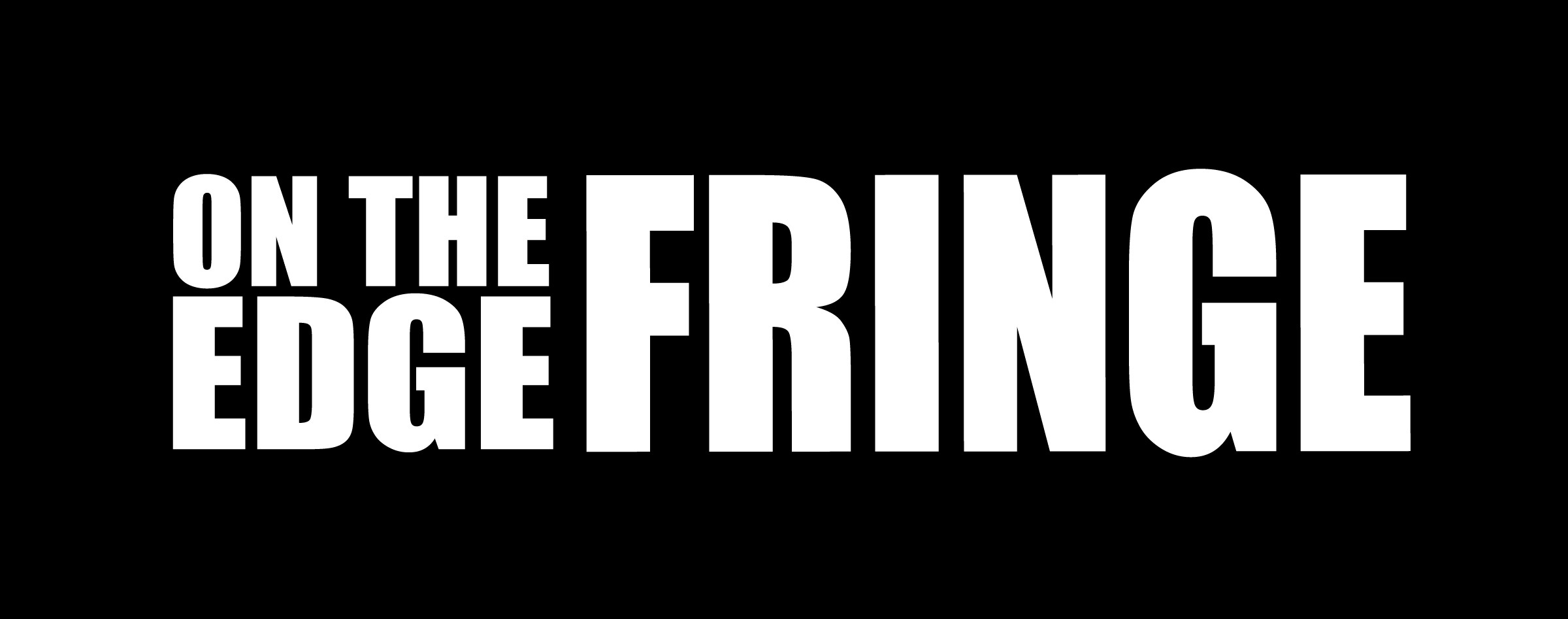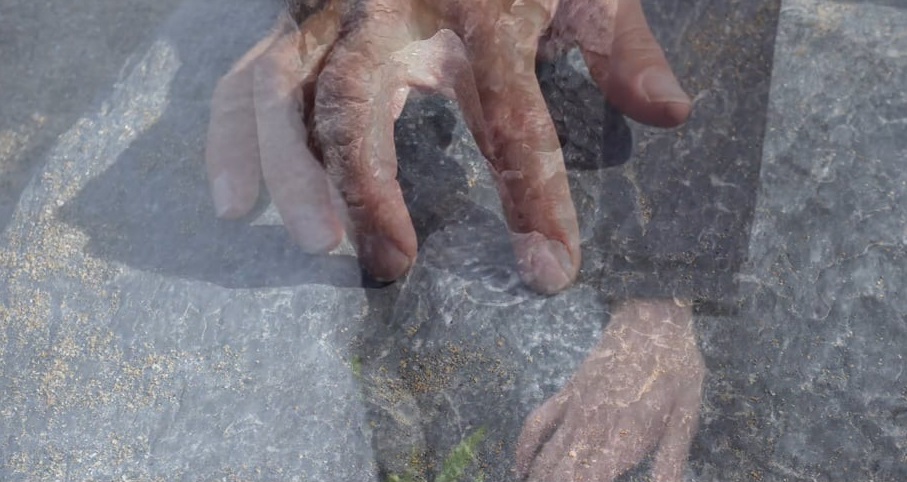rubbings – ee portal
Run time: 11 mins
Thursday, August 13, 2020 @ 8:30 pm
By focusing on the intense and subtle experiences of hearing, seeing, touching – sensing – we acknowledge that we embody the vast and often unfathomable material, metabolic and poetic exchanges that happen in every moment of our lives, and that these exchanges take place in a commons (even from our lockdown enclosures). We, ourselves, are a commons. It is only through the other that we are able to think, dream, write, talk, be creative and make art. This automatic, intuitive and poetic impulse to express ourselves is paradoxically part of our individuality, but only possible through the other. rubbings is part of a larger body of research: eeportal.art/plant-goddesses-agrilogistic-climate-crisis-nonhuman-solidarity.
About the Artists:
In our work, we look at the potential for multidisciplinary art to generate restorative actions, land poetry, and communal pondering. We consider restorative actions in art as bringing about some type of remembering of ignored, forgotten, discarded or erased entities, objects, events, qualities or essences. Materials for land poetry come from images, sounds, words or objects whose source can be quite paradoxical: is it coming from me, or that flowering plant? Communal pondering is a type of inner revolt to the status quo, especially the ideology that sees the Earth and all its inhabitants as some sort of human playground for industrial extraction, what Timothy Morton has coined as agrilogistics – a 12,000 year old anthropocentric ideology, which emerged with the on-set of agriculture and religion. Communal pondering is the desire to rebuild an honest exchange or transmission not only with humans, but also with the entire biosphere – the symbiotic real.
In 2011, ee portal (Elyse & Emilio Portal) initiated their collaboration with the multidisciplinary work, advanced life support unit, at the University of Victoria. As part of the installation the duo deconstructed the space, removing the gallery door to project shadow, a video that documents the movements of a woman (and friend) who was told she would never move her body again after a severe spinal cord injury. In the face of great adversity, she slowly regained access to her body through a movement therapy based on physics and somatic studies, called Feldenkrais. Founder, Moshe Feldenkrais said, “We move according to our perceived self-image.” As numerous life supporting structures now face ecological paralysis, what does it take to adjust our collective self-images that consume so much of our planet? ee portal are continually motivated by the courage of this woman to recover her body – piece by piece, starting with the smallest movements. While Elyse and Emilio have their own independent ecological art practices, ee portal offers a third space to collectively exchange, stimulate, and coalesce diverse approaches and perspectives to issues that are massively intangible, such as the Anthropocene and the 6th Mass Extinction.

